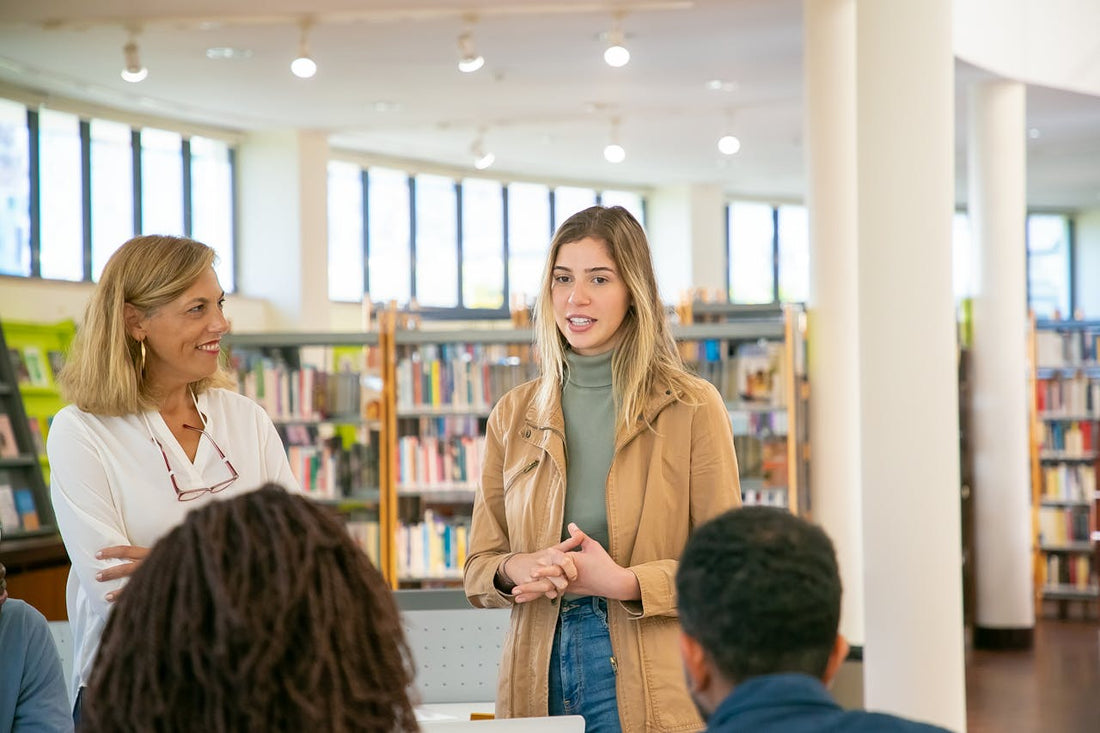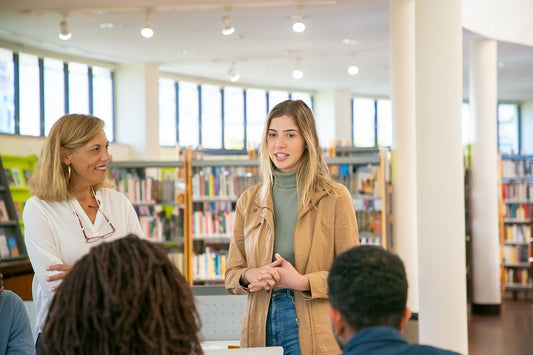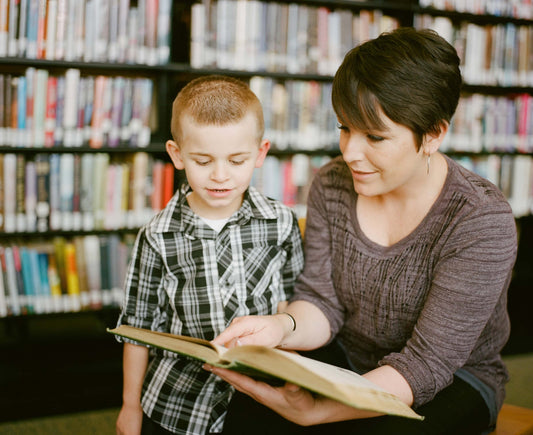As a teacher, I try to connect with my students and develop life long skills that are not always only academics.
1. Independence
Adults need to help children become independent. Both parents and teachers must gradually increase a student's responsibilities. By high school graduation, students should be independent enough to handle what life throws at them. Teachers can support this by allowing students to make choices in the classroom, self assess their own work, and help choose concert music. Parents can help by offering book choices, clothing choices, and what piece to start practice on. Finally, holding students accountable will prepare them for the real world. When I have a student who's struggling, for example, I'll sit down with them and ask, "What is getting in the way of your success?" and "What are you going to do to fix this?" Holding the student accountable for both the problem and the action needed to gain a positive result helps them become more independent. It also gives them the growth mindset to fix the problem.
2. Problem-Solving
Parents want their children to be able to think critically and problem-solve. Teaching students to understand that there are many ways to solve a problem is key. One of the best ways to help students problem-solve is to ensure problems are linked to real-world situations. Students in science classes solve environmental problems and physics-related issues. English language arts students learn the art of persuasion and argument. Music students learn how Project-based learning is another way to help students tackle problems that exist in the real world. Give students an assignment that requires them to develop a solution to a problem that can be approached many different ways; this better prepares them for the future.
3. Networking
Students need to understand that finding mentors and networking is a key component for success. Providing students with internship opportunities, encouraging them to connect with alumni, and teaching them how to prepare a one-minute "elevator pitch" are all valuable skills that can spur a student on to success.
4. Self-Advocacy
Middle school and high school teachers should teach students the term self-advocacy and explain that it means speaking up for yourself and making smart decisions. Teachers and guidance counselors should encourage their students to meet with them when they're struggling. Advisers help a great deal because students have a trusted adult they can turn to for support. Teaching students how to plan for a meeting with a teacher is also important; students should write down their concerns and take notes so they can make an action plan for success.
5. Presentation Skills
Parents want their children to be able to present with confidence. They should be able to "hold a room" and not merely read off a PowerPoint presentation. They need to be able to defend their work. Students who participate in the science fair, history fair, or other school events gain experience with this skill, but teachers need to incorporate more opportunities for presentations into the classroom.









